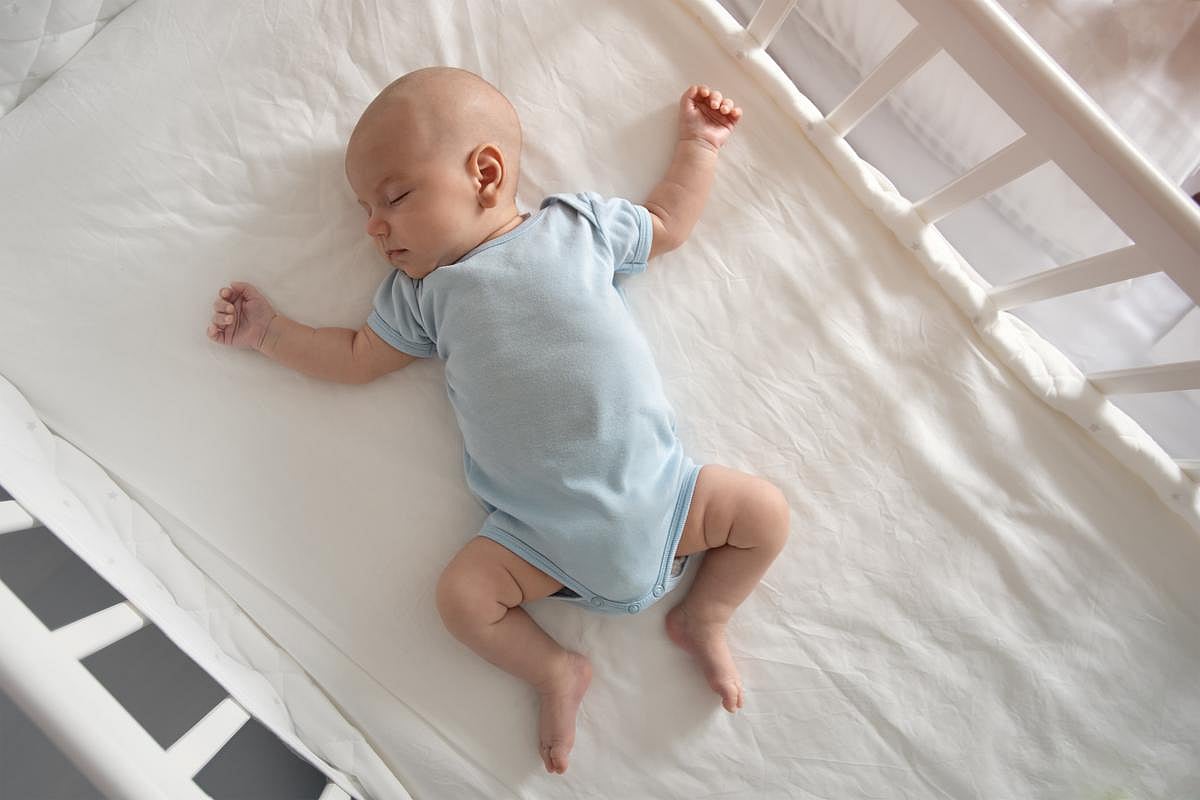Adherence to AAP recommendations was low and decreased among infants with low-acuity illness
By Elana Gotkine HealthDay Reporter
WEDNESDAY, Sept. 24, 2025 (HealthDay News) — Reported adherence to safe sleep practices appears to be low among caregivers of infants presenting to the emergency department for low-acuity illness and worsens during and after illness, according to a study published online Sept. 18 in Pediatrics.
Mary Beth Howard, M.D., from Johns Hopkins University in Baltimore, and colleagues performed a prospective cohort study of caregivers of infants (aged 0 to 12 months) presenting to the pediatric emergency department for illness to examine changes to safe sleep practices during and after illness. At each time point, adherence to the American Academy of Pediatrics (AAP) safe sleep recommendations was assessed.
Overall, 106 of 131 enrolled participants completed all follow-up surveys. The researchers found that across all time points, adherence to AAP recommendations was low (<10 percent) and decreased during illness; no significant change was seen following illness. There was an increase in bed-sharing from 57.3 percent before illness to 68.7 percent during illness; at the one-month follow-up, this remained elevated at 83.6 percent. There was a decrease in sleeping in a crib or pack n’ play from 61.8 percent before illness to 48.1 percent during illness, which remained low at follow-up. During illness, caregiver motivations changed, with safety cited less often (46.6 versus 42.0 percent) and more caregivers being influenced by family recommendations (5.3 versus 15.3 percent).
“These modifications persisted beyond the acute illness period, highlighting the need for targeted interventions to reinforce safe sleep practices during illness,” the authors write.
Copyright © 2025 HealthDay. All rights reserved.








